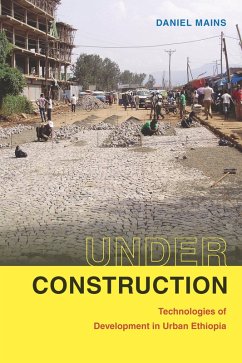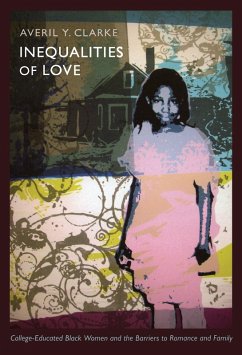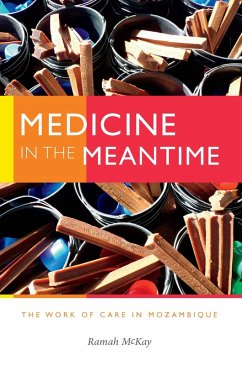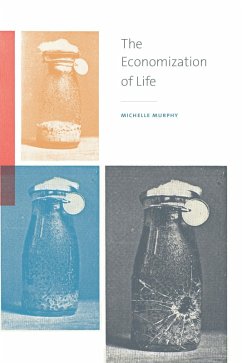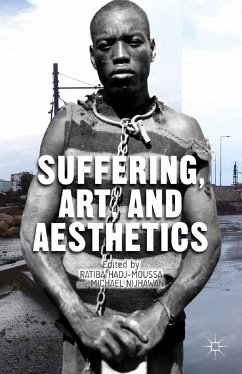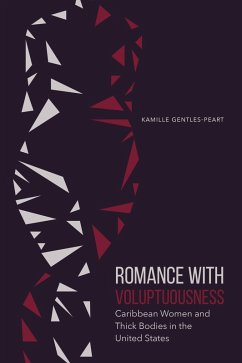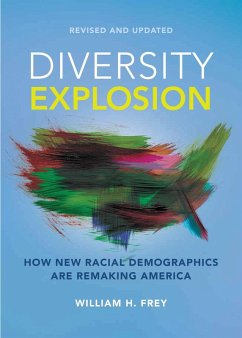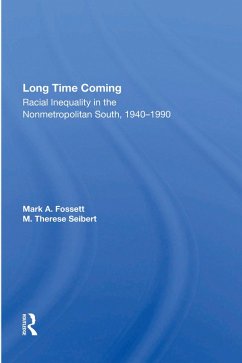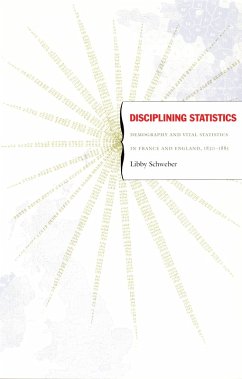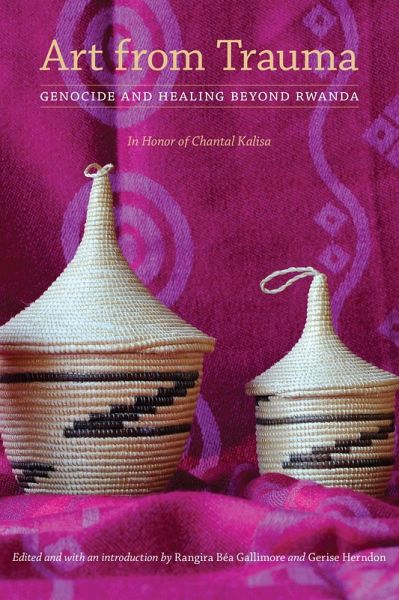
Art from Trauma (eBook, PDF)
Genocide and Healing beyond Rwanda
Redaktion: Gallimore, Rangira Bea; Herndon, Gerise
Versandkostenfrei!
Sofort per Download lieferbar
34,95 €
inkl. MwSt.
Weitere Ausgaben:

PAYBACK Punkte
17 °P sammeln!
Art from Trauma (eBook, PDF)
Dieser Download kann aus rechtlichen Gründen nur mit Rechnungsadresse in A, B, BG, CY, CZ, D, DK, EW, E, FIN, F, GR, HR, H, IRL, I, LT, L, LR, M, NL, PL, P, R, S, SLO, SK ausgeliefert werden.




